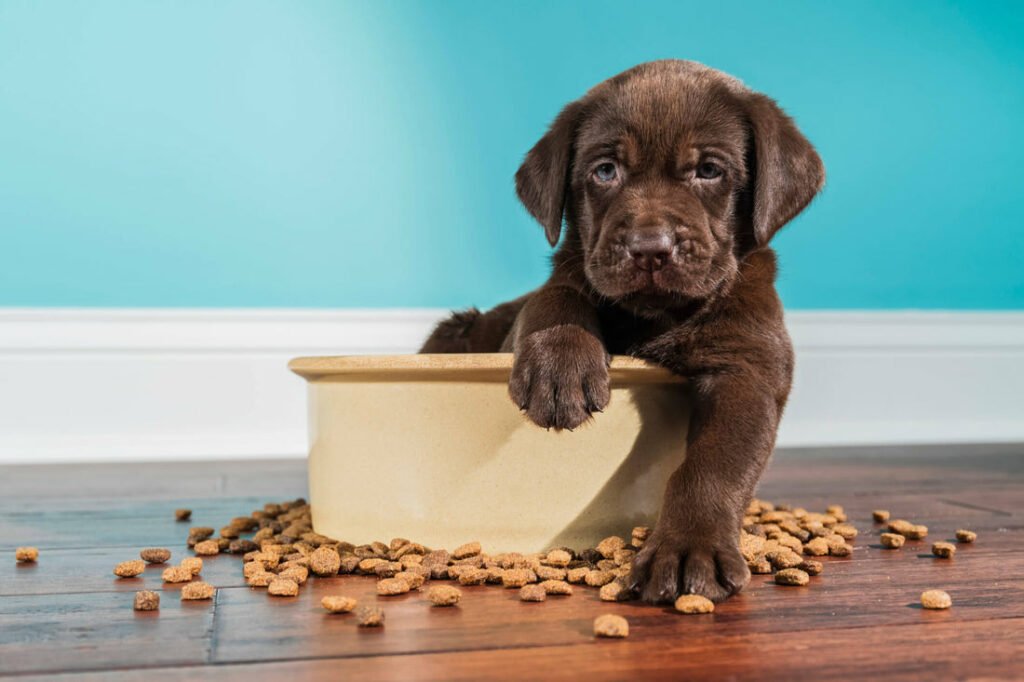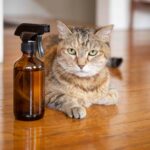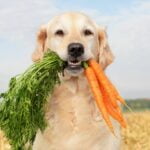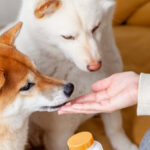Table of Contents
Maintaining healthy digestion is crucial for your pet’s overall well-being. Proper digestion helps your pet absorb nutrients efficiently, maintain a healthy weight, and avoid digestive issues. This guide provides essential tips for healthy pet digestion, ensuring your furry friend stays happy and healthy.

1. Provide a Balanced Diet
Feeding your pet a balanced diet is the foundation of good digestive health:
- High-Quality Food: Choose high-quality pet food that meets your pet’s nutritional needs.
- Appropriate Portions: Feed your pet appropriate portions based on their size, age, and activity level.
- Variety of Nutrients: Ensure their diet includes a variety of nutrients, including proteins, fats, and fibers.
2. Ensure Regular Hydration
Proper hydration is essential for digestion and overall health:
- Fresh Water: Provide fresh water daily and ensure your pet has access to it at all times.
- Wet Food: Incorporate wet food into your pet’s diet to increase their water intake.
- Monitor Hydration: Watch for signs of dehydration, such as dry gums or lethargy, and encourage drinking if necessary.
3. Include Probiotics
Probiotics can support a healthy digestive system by promoting good bacteria:
- Supplements: Consider probiotic supplements designed for pets to maintain a healthy gut flora.
- Yogurt: Small amounts of plain, unsweetened yogurt can be a good natural source of probiotics.
- Vet Recommendations: Consult your vet for the best probiotic options for your pet.
4. Maintain Regular Feeding Schedule
A consistent feeding schedule helps regulate digestion:
- Set Meal Times: Feed your pet at the same times each day to establish a routine.
- Portion Control: Avoid free-feeding to prevent overeating and maintain portion control.
- Frequent Small Meals: For pets with sensitive stomachs, consider feeding smaller, more frequent meals.
5. Avoid Feeding Table Scraps
Table scraps can disrupt your pet’s digestion and lead to health issues:
- Stick to Pet Food: Avoid giving your pet human food, especially fatty, spicy, or processed foods.
- Training Treats: Use healthy pet treats for training and rewards instead of table scraps.
- Identify Toxic Foods: Be aware of foods that are toxic to pets, such as chocolate, onions, and grapes.
6. Monitor for Digestive Issues
Regularly monitor your pet for signs of digestive problems:
- Observe Stool: Check your pet’s stool for any changes in consistency, color, or frequency.
- Watch for Vomiting: Occasional vomiting may be normal, but frequent vomiting requires a vet visit.
- Behavioral Changes: Look for signs of discomfort, such as restlessness or lethargy, which may indicate digestive issues.
7. Consult Your Veterinarian
Your vet is a key resource for maintaining your pet’s digestive health:
- Regular Check-Ups: Schedule regular veterinary check-ups to monitor your pet’s overall health.
- Dietary Advice: Seek your vet’s advice on the best diet and supplements for your pet’s digestive needs.
- Treatment Plans: If your pet experiences digestive issues, follow your vet’s treatment plan and recommendations.
Conclusion on Tips for Healthy Pet Digestion
Maintaining healthy pet digestion involves providing a balanced diet, ensuring regular hydration, including probiotics, maintaining a regular feeding schedule, avoiding table scraps, monitoring for digestive issues, and consulting your veterinarian. By following these tips, you can help your pet achieve optimal digestive health and overall well-being. For more information on pet care, visit the ASPCA and AKC.
FAQs on Tips for Healthy Pet Digestion
What are the signs of digestive issues in pets?
Signs of digestive issues in pets include diarrhea, constipation, vomiting, loss of appetite, and changes in stool consistency or color.
Can I give my pet probiotics?
Yes, probiotics can support a healthy digestive system. Consult your vet for the best probiotic options and dosages for your pet.
How often should I feed my pet?
Establish a regular feeding schedule with set meal times. For most pets, feeding twice a day is sufficient, but some may benefit from smaller, more frequent meals.
What foods should I avoid giving my pet?
Avoid giving your pet fatty, spicy, or processed human foods. Foods toxic to pets include chocolate, onions, garlic, grapes, and raisins.
What should I do if my pet has digestive issues?
If your pet has digestive issues, consult your veterinarian for an accurate diagnosis and appropriate treatment plan. Monitor their symptoms and follow your vet’s recommendations.
How can I improve my pet’s hydration?
Ensure your pet has access to fresh water at all times, incorporate wet food into their diet, and monitor for signs of dehydration, such as dry gums or lethargy.











